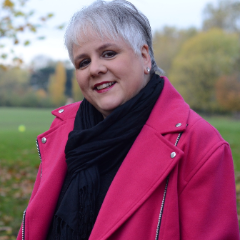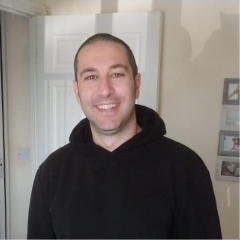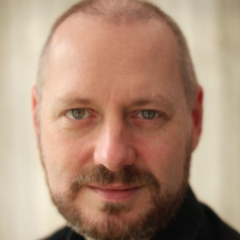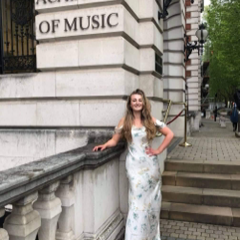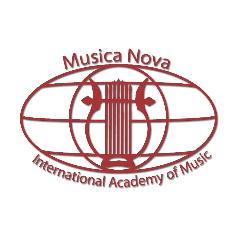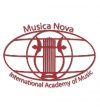What is opera singing and how is it different from other types of singing?
Opera singing is a highly specialised and classical form of singing that combines a rich vocal technique with theatrical performance. Unlike other singing styles, opera encompasses a broad range of vocal registers and requires singers to project their voices without the aid of microphones, filling large theatres with sound. The training for opera singing is rigorous, focusing on breath control, resonance, and vocal range, alongside acting and stage movement. Opera singers must also have a solid grasp of multiple languages, as many operas are performed in Italian, French, German, and other languages. This contrasts with modern singing genres such as pop or jazz, which may allow for more stylistic freedom and often use amplification. Opera is an immersive experience, combining music, drama, and often dance, to tell a story in a way that is both grand and intimate.
How do I become an opera singer in the UK?
Becoming an opera singer in the UK involves several key steps, beginning with formal training. Many aspiring opera singers start by enrolling in a conservatoire or university program focused on vocal performance. In the UK, institutions like the Royal Academy of Music and the Guildhall School of Music and Drama offer specialised courses in opera singing. These programs typically cover vocal technique, languages, acting, and music theory. After formal education, gaining experience through auditions and performances is crucial. Joining a local choir or opera company can provide practical experience and exposure. Networking within the opera community and participating in workshops and masterclasses can also be beneficial. Developing fluency in languages commonly used in opera, such as Italian and German, is important, as well as understanding the cultural context of the works. Persistence and dedication are essential, as the path to becoming a professional opera singer is competitive and demanding.
What are some famous opera arias that a beginner should know?
For beginners in opera singing, familiarising oneself with some of the most famous arias can provide a great introduction to the genre. "Nessun dorma" from Puccini's "Turandot" is one of the most recognised arias, known for its powerful and emotive delivery. Another classic is "La donna è mobile" from Verdi's "Rigoletto," which is lively and showcases vocal agility. "Habanera" from Bizet's "Carmen" offers a sultry and rhythmic challenge, while "O mio babbino caro" from Puccini's "Gianni Schicchi" is a beautiful and lyrical piece that highlights the singer's ability to convey emotion. Each of these arias presents unique technical and interpretive challenges, making them excellent choices for building a foundation in opera singing. Familiarity with these pieces not only enhances a singer's repertoire but also deepens their appreciation for the art form's rich history.
Why is breath control important in opera singing?
Breath control is a fundamental aspect of opera singing, as it directly impacts vocal performance and stamina. Opera singers must sustain long phrases and project their voices over an orchestra without amplification, which requires efficient use of breath. Proper breath control enables singers to maintain a consistent tone and volume, ensuring clarity and resonance throughout their performance. Techniques such as diaphragmatic breathing help singers manage their air supply, allowing for greater vocal flexibility and power. Good breath control also reduces tension in the vocal cords, minimising the risk of strain and injury. Additionally, managing breath effectively allows singers to express the emotional nuances of their roles, enhancing the overall dramatic impact of their performance. Mastering breath control is therefore essential for any opera singer aiming to deliver a compelling and technically proficient performance.
What opportunities are there for learning opera singing in London?
London offers a wealth of opportunities for those interested in learning opera singing. The city is home to some of the most prestigious music institutions, including the Royal Academy of Music and the Guildhall School of Music and Drama, both of which provide comprehensive programs in vocal studies. Additionally, private tutors and opera coaches offer personalised lessons to cater to individual learning needs and goals. The Musica Nova International Academy of Music in Camden provides a diverse curriculum that includes opera singing among other musical disciplines, welcoming students of all ages and skill levels. Numerous workshops and masterclasses take place throughout the year, often led by renowned opera professionals. Londonâs vibrant cultural scene also presents frequent opportunities to attend opera performances at venues such as the Royal Opera House and the London Coliseum, allowing students to experience live opera and gain inspiration. These resources make London an ideal location for aspiring opera singers to develop their skills and immerse themselves in the art form.
Can opera singing classes in Manchester offer the same quality of training as those in London?
Opera singing classes in Manchester can indeed offer high-quality training comparable to those found in London. Manchester boasts several reputable music institutions, such as the Royal Northern College of Music, which provides excellent programs in vocal studies and opera. The city is home to experienced opera tutors and coaches who offer personalised lessons tailored to the needs of their students. Additionally, Manchester's vibrant cultural scene includes the Hallé Orchestra and the Opera North, both of which provide opportunities for aspiring singers to engage with professional performances and workshops. While London may have a larger number of institutions due to its size and status as the capital, Manchester's offerings are robust and well-regarded within the music community. Students in Manchester benefit from a supportive artistic environment and access to a wide range of resources, ensuring that they receive comprehensive training in opera singing.

